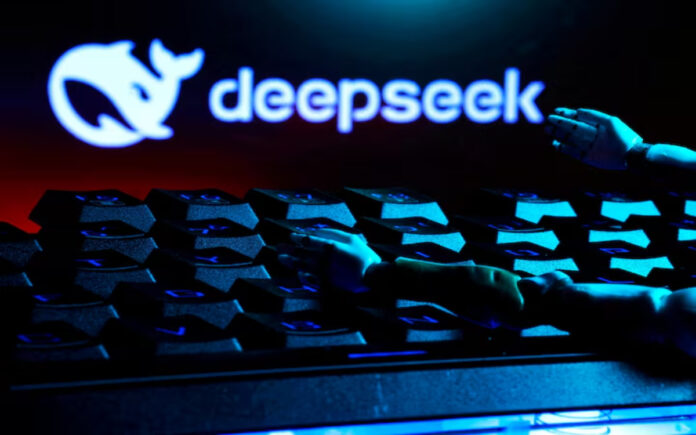Tokyo: Japan’s Ministry of Economy, Trade and Industry (METI) acknowledges concerns that the expansion of data centers could drive up electricity consumption. However, it remains challenging to forecast how demand might shift with the emergence of a single technology, such as DeepSeek, the ministry stated via email.
In late December, the Japanese government released a draft of its Basic Energy Plan, a critical policy document reviewed approximately every three years. The draft projects electricity generation to increase by 10-20% by 2040, citing heightened AI-driven energy consumption as a key factor.
The rise of Chinese AI startup DeepSeek has sparked debate among analysts regarding its potential effect on electricity demand. Some argue that DeepSeek’s reportedly lower energy consumption compared to competitors could lead to a decrease in power usage. Others contend that as AI technology becomes more affordable and widespread, demand could rise instead.
Also Read | Australia Joins US, UK in Sanctioning Far-Right Network ‘Terrorgram’
In its emailed statement, METI emphasized that AI-related energy demand is shaped by multiple factors, including advancements in AI performance, cost reductions, and the development of energy-efficient technologies.
Also Read | Court Clears Samsung’s Lee of Stock Manipulation and Fraud in Merger Case
“For this reason, it is difficult to describe the impact on future energy demand with a single example,” the ministry stated, highlighting that Japan’s economic growth and industrial competitiveness will hinge on securing sufficient decarbonized power sources to meet the evolving demand.



